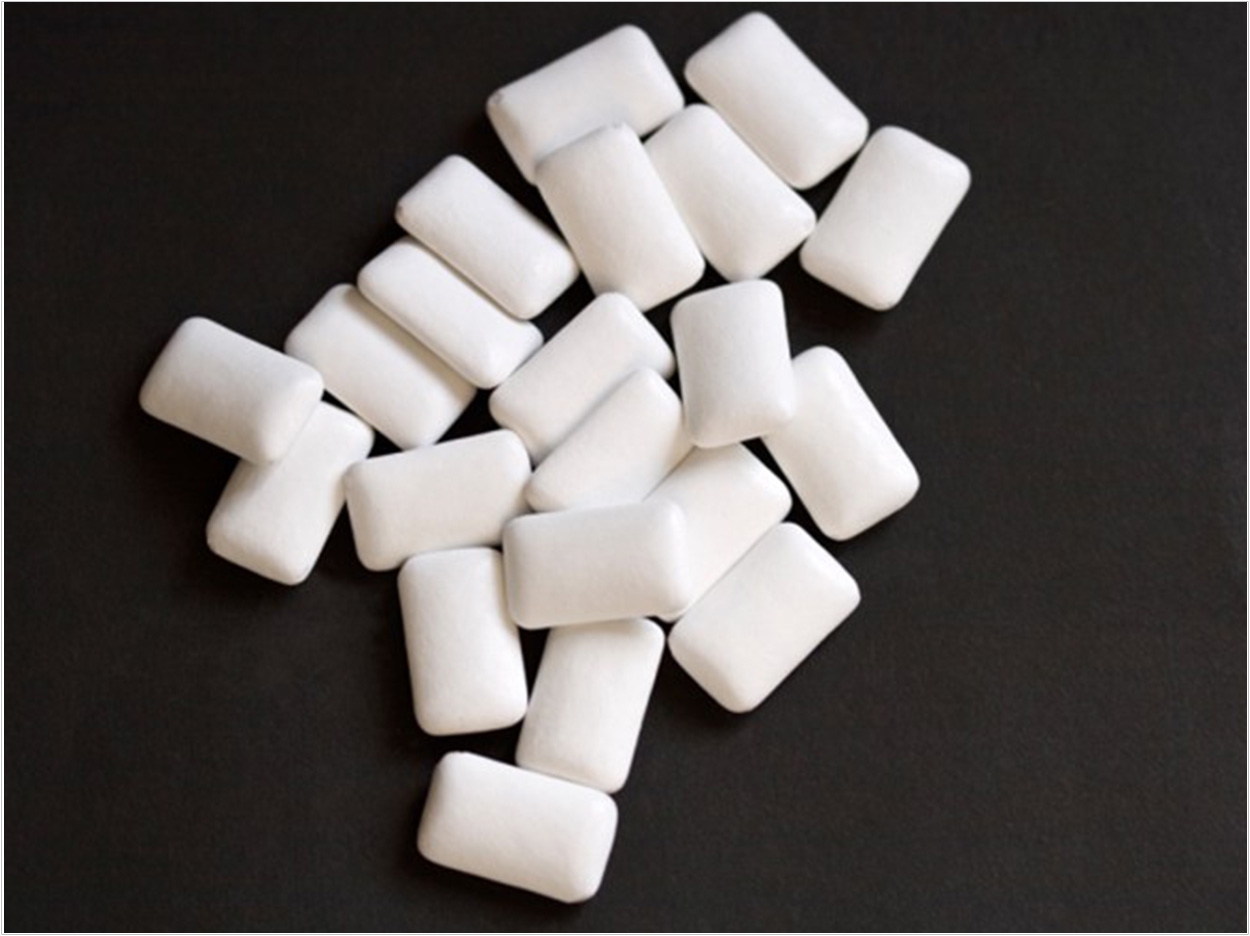
Oral health experts all recommend brushing twice a day with a fluoride toothpaste without rinsing afterward, along with avoiding sugary food and beverages. Yet this advice doesn’t account for today’s dietary habits, according to research from the Wrigley Oral Healthcare Programme. The organization suggests that this disconnect may be a primary cause of the high prevalence of tooth decay in the United Kingdom and elsewhere.
According to Wrigley’s Eat, Drink, Think report, 83% of the respondents to a recent survey said they consume at least one snack between meals, and 48% enjoy two snacks or more each day. Also, 35% of eating and drinking occasions involved cariogenic foods with free sugars, while only 13% involved fresh fruit, and 8% saw fruit juice or juice drinks. However, there is no oral health intervention after 56% of morning snacks and 60% of afternoon snacks.
Meanwhile, 74% of respondents reported brushing twice a day or more often. Just 4% said they usually don’t brush each day. As for additional efforts, 32% use interdental floss or a brush daily, and 19% use such tools at least once a week, yet 35% never use interdental floss or a brush. And although 71% visit a dentist once a year or more often and 49% visit every six months, only 40% said their oral routine is based on the advice of their dentist.
The report also notes that oral health awareness is lacking, as 21% of the respondents do not consider the impact of what they eat or drink on their oral health, and 45% believe that if they have no problems with their teeth, they can eat or drink whatever they want. Therefore, Wrigley indicates, oral health routines may not be sufficient for preventing decay in a “grazing” culture, and further interventions may be required.
The Wrigley Oral Healthcare Programme advocates the use of sugar-free gum to supplement oral hygiene practices in response to non-traditional eating schedules. (The organization’s parent company, Wrigley, manufactures sugar-free gum.) According to the research, chewing 2 to 3 grams of sugar-free gum for 20 minutes at least three times a day after eating reduces tooth demineralization and neutralizes plaque acids, reducing the risk of caries.
The Wrigley Oral Healthcare Programme believes dental care professionals should advise their patients to follow these recommendations for chewing sugar-free gum, especially when brushing their teeth is not a convenient option. The organization also believes these guidelines should be added to public health programs, potentially saving the National Health Service money in providing care as more patients adopt these practices.
Related Articles
Sugar-Free Gum Could Save $4.1 Billion in Dental Costs
Xylitol Shows No Positive Effect on Orthodontic Patients
How to Improve Caries Control in Patients With Dry Mouth


